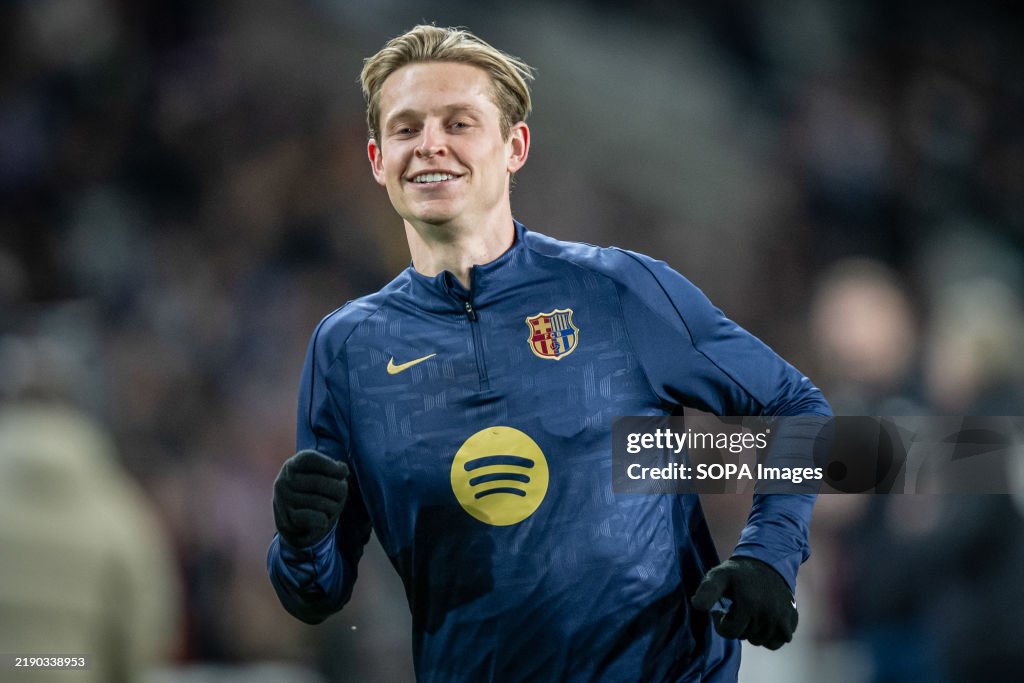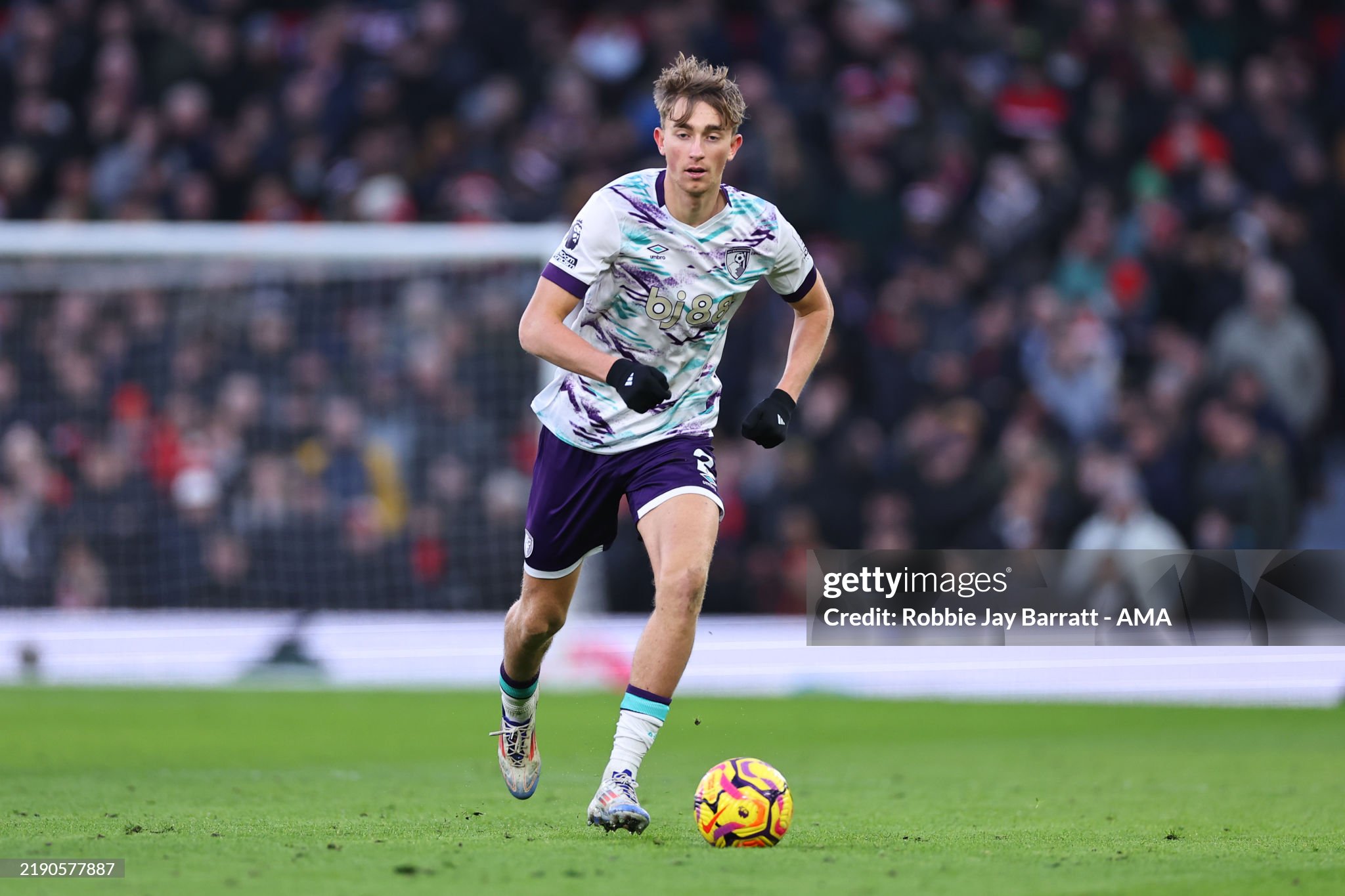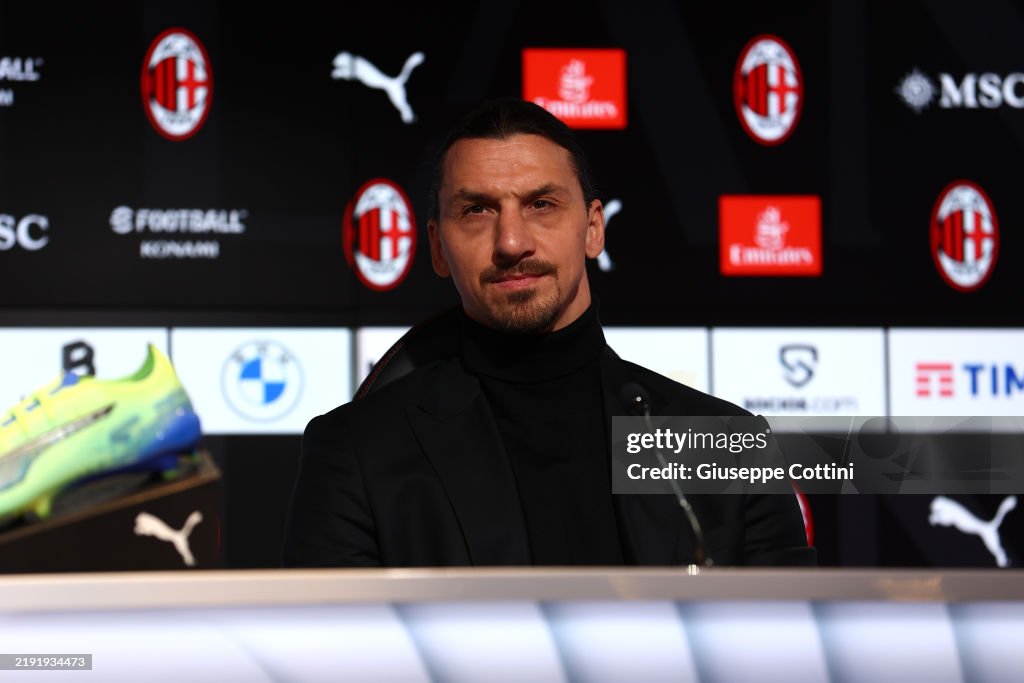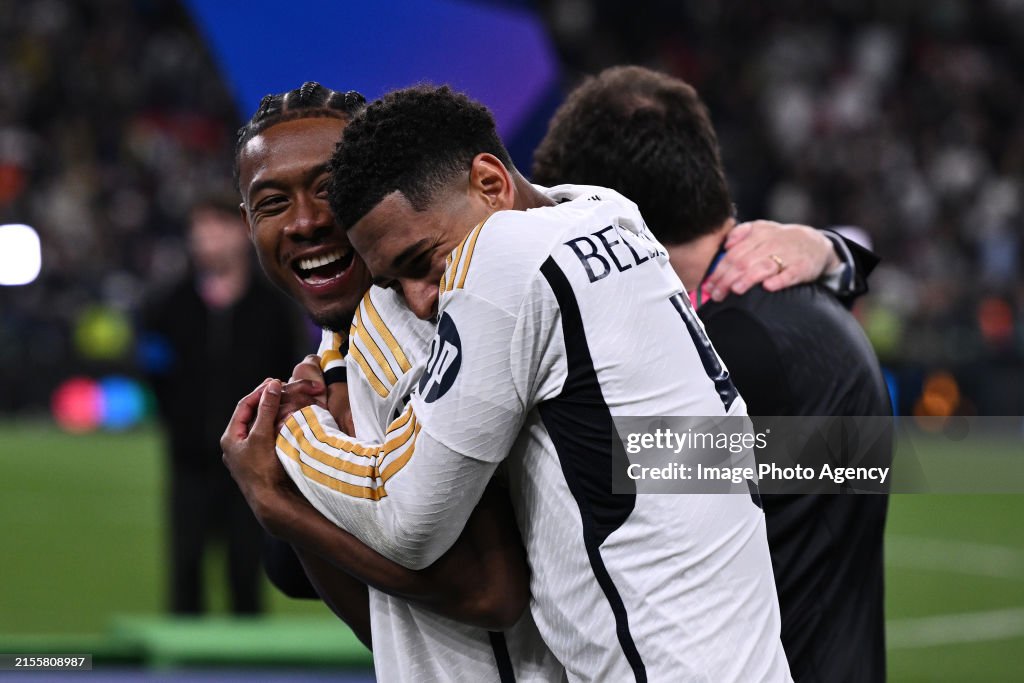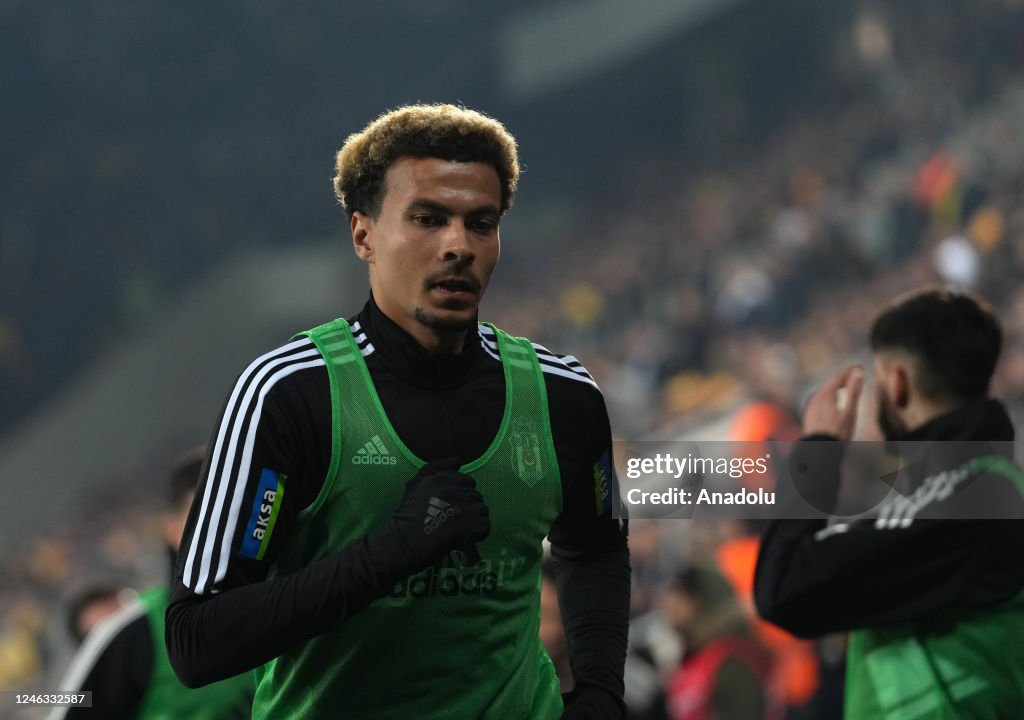Saturday was marked by three cases of racism in Spanish football, one of them in the third division and with particularly serious implications.
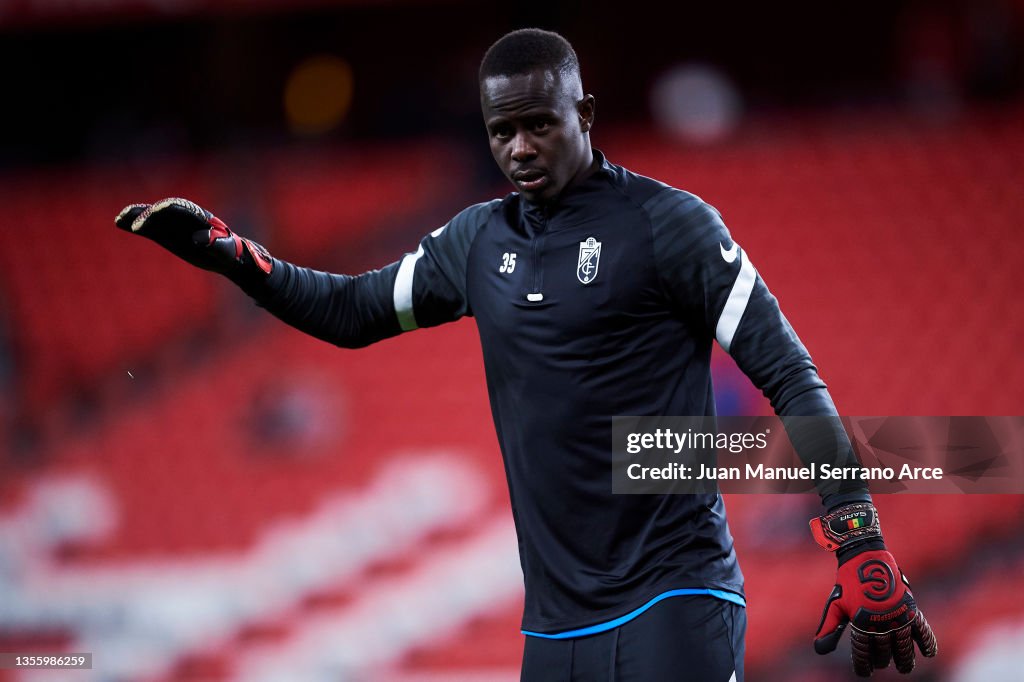 Embed from Getty Images
Embed from Getty Images
On an unsettling day for Spanish football, instances of racism cast a shadow over the sport, reaching beyond the top-flight LaLiga to the grassroots level of the third division with particularly alarming severity.
This sequence of events underscores the pervasive challenge of racism that players of color face, transcending leagues and divisions.
The incident involving Cheikh Sarr, a Senegalese goalkeeper playing for Rayo Majadahonda, starkly illustrates the personal and collective toll such acts of racism take on athletes. Sarr's attempted confrontation with a fan, following racial slurs directed at him, led to his expulsion from the game against Sestao, a distressing moment that reflects the intense emotional impact of racial abuse.
The response from Sarr's teammates, who unanimously decided to walk off the pitch in solidarity, marked a decisive stand against racism. This act of unity not only emphasized the team's collective stance against racial abuse but also brought to light the broader issue of racism in football, prompting discussions on how such incidents are handled by the authorities and the football community at large.
Inaki Acha's comments post-match provide a poignant insight into the immediate aftermath of the incident. His acknowledgment of Sarr's emotional state, the respect for his feelings, and the ultimate decision not to continue the match highlight a prioritization of human dignity over sporting protocol. Acha's willingness to face potential sanctions further underscores a commitment to supporting players and opposing racism, even in the face of institutional pressures.
The incident also resonated beyond the boundaries of the third division, capturing the attention of Vinícius Júnior, a prominent figure in the fight against racism within the sport. Vinícius's public show of support for Sarr through social media amplifies the message against racial abuse, bridging the gap between individual experiences of racism and the collective responsibility of the football community to combat it.
This series of events on a single day in Spanish football paints a vivid picture of the current state of the fight against racism within the sport. It reflects the complexities of addressing racial abuse, the emotional burdens carried by players, and the potential for solidarity within teams and across the footballing world to challenge and change the status quo. The involvement of figures like Vinícius Júnior highlights the growing awareness and commitment among players at all levels to stand against racism, signaling a hopeful, albeit challenging, path forward.

